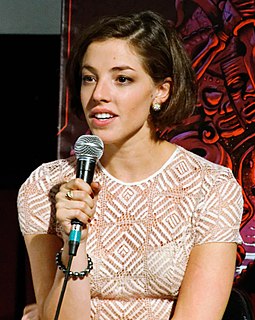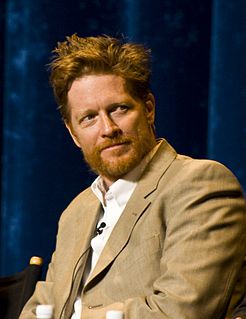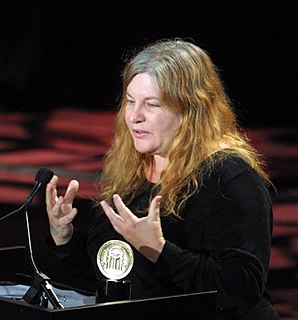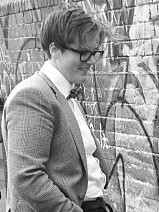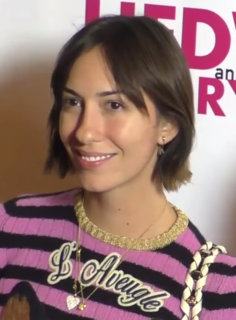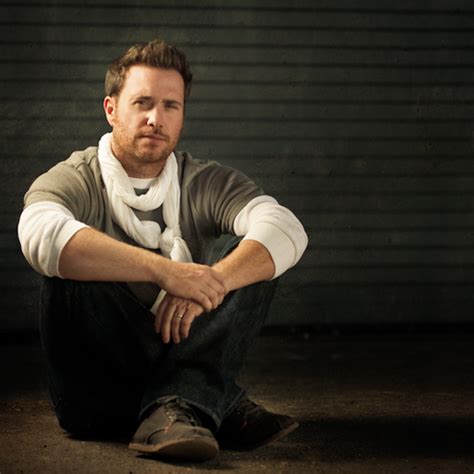A Quote by Lynne Ramsay
I was at the National Film School and was a cinematographer there. I got quite a lot of experience on documentary film-making and with directors who were interesting - maybe they weren't using scripts or were using non-actors.
Related Quotes
Working on 'The War Room' was a thrill, not only because we were given such exquisite access to the nerve center of Bill Clinton's first presidential campaign, but for me personally, it was so exciting to be producing my first film and working with documentary filmmaking legends D.A. Pannebaker and Chris Hegedus, who were the film's directors.
Some people do stage and film. Some people are film actors, and some people are stage actors. I'm quite sure that any of the actors who did the original production of 'August' could have done the film of 'August.' I don't think any of them were particularly surprised when they didn't wind up doing the film.
The hardest thing for a film actor, especially if you are in a lot of the film, is sustaining energy for the entire length of a production. It's quite tough. With acting, it's not the same as directing. Directors work the exact same hours; directing is incredibly exhausting. The only difference is that directors aren't required to have bursts of energy and focus. They're probably focused the entire day. Actors have this thing of "stop/start." That can be quite draining, actually.
It's quite interesting, looking back at the first one [film about Harry Potter], nobody knew whether or not it was going to be successful as a film. The books were of course already very successful, but that's happened before, where the books were successful and the films weren't at all. But it turned out that they were.
I'm ready for all forms of dialogue about the film The Conquest. There will be a lot of political talk, but I don't think the film itself will be scandalous. For the French, there are so many emotions relating to Sarkozy and politicians in general that I think the film will generate a lot of passion, whether it be negative or positive. Above all, it's a fictional film. It was important not to make a documentary and to really pay attention to the images. From the choice of the actors to the mise en scene, the film is completely cinematographic. It's not just a boring political movie.


